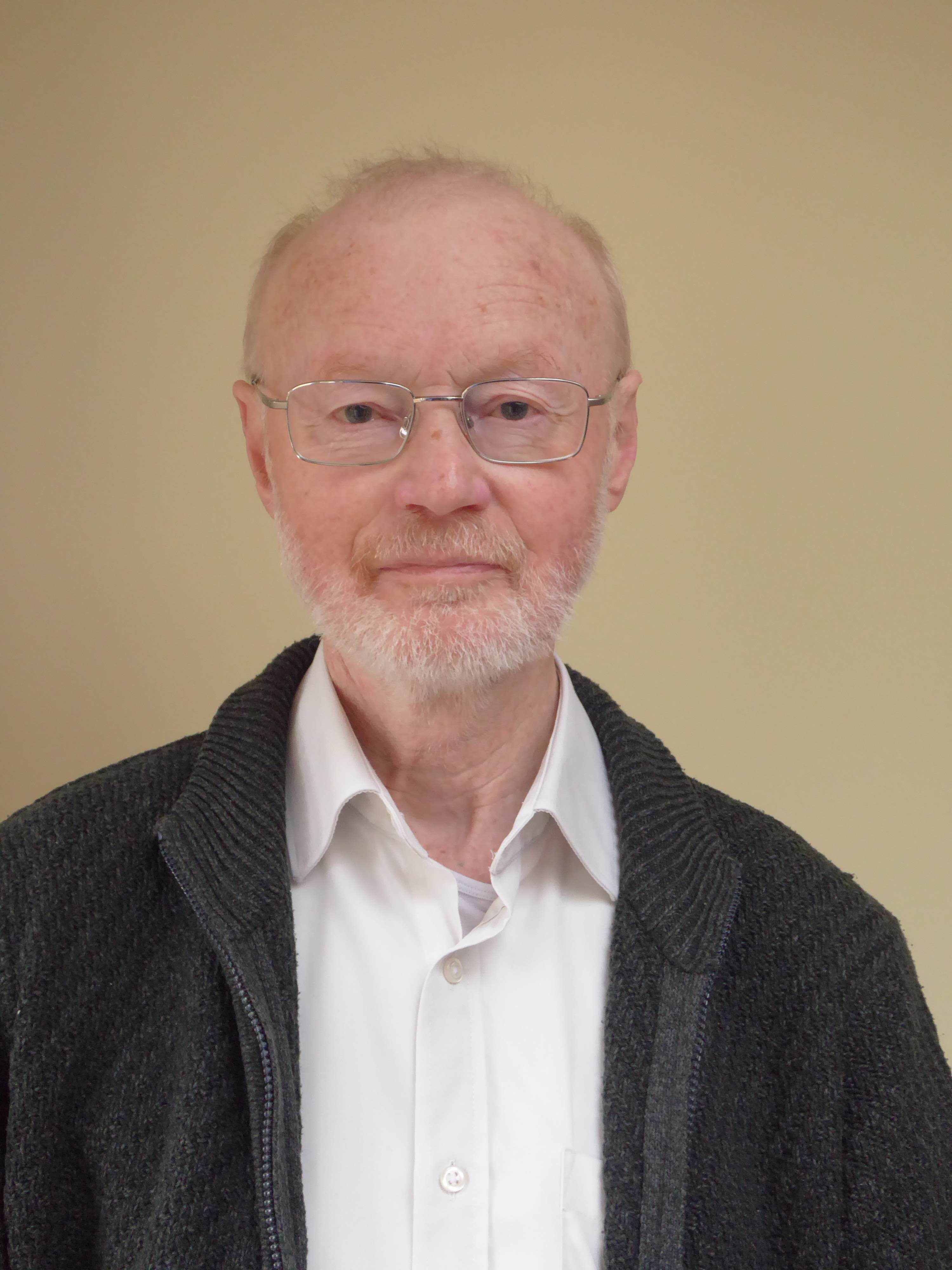
Alan Taylor
Research
Here is a brief summary of the findings from my research, which is appearing bit by bit in publications.
1. Artists may imagine they think up ideas just from their imagination. They are deluding themselves if so. Ideas emerge from an artist's subconscious mind as a result of a dialogue provoked by active engagement with the society around them. As a result artistic ideas reflect the artist's environment, and cannot be said to be an artists alone. This is the conclusion I draw both from studies of aesthetic theory, and from modern studies of the psychology and neurology of artistic creation.
2. The word collaboration have been over-used, to refer to a wide variety of different working relationships. It would be better to use different terms for different forms of shared working between artists. The key questions are - can artists share imagining ideas, and can they share evaluating them? The answers to both questions can be yes or no - so there are four types of working relationship - hierarchical (neither shared), consultative (imagining shared), co-operative (evaluating shared), and collaborative (both shared).
3. Artists are often seen as the authors of the meaning of their art, but they can rarely specify what this is. As a result the search to identify the artists' intended meaning will result in failure. Some argue that the artist is irrelevant, and meanings are made by audiences. However, we cannot shut from our minds the identity of the artist(s) when experiencing art. My conclusion is that artists do not seek to communicate meanings, but to offer experiences. Each audience member then may make their own meaning from their experience of the art - see the next paragraph for a neurological explanation of the perception of meaning in music.
4. Many pieces of music, mainly from the 19th century, have been analysed as narratives. But some writers argue that music cannot communicate a narrative. The problem with both of these arguments is that they conflate the ideas of narrative and of representation. Neurological studies suggest, instead, that music may be perceived as an analogy, for instance for a story, rather than representing anything directly. They also show that the tendency to try to explain the sense communicated by music is the result of the different ways the two brain hemispheres function. Music is received as a holistic experience in the right hemisphere, but the left hemisphere seeks to pin down and explain the musical experience..
Biography
I came to music part way through life. Earlier decades were spent working in a wide range of activities linked to public policy and political activism.
I play several instruments, but mainly bass clarinet. I began composing soon after I began playing, and my pieces have been performed mainly by amateur ensembles.
I've moved on from composing to academic study, after completing an MMus at Trinity-Laban, and a PhD at the Central School of Speech and Drama.
At Trinity I studied with Andrew Poppy, Errollyn Wallen, Gwyn Pritchard, and Paul Newland. I completed an Erasmus Fellowship at ESMUC in Barcelona as part of my course, studying with Felix Pastor and Luis Naon.
My research was supervised by Professor Paul Barker, head of Music Theatre at CSSD, and by Maria Delgado.
I conduct the London Contemporary Chamber Orchestra and the London Consort of Winds, and play in Lambeth Wind Orchestra and Dulwich Symphony Orchestra. I set up the Herne Hill Music Festival.
